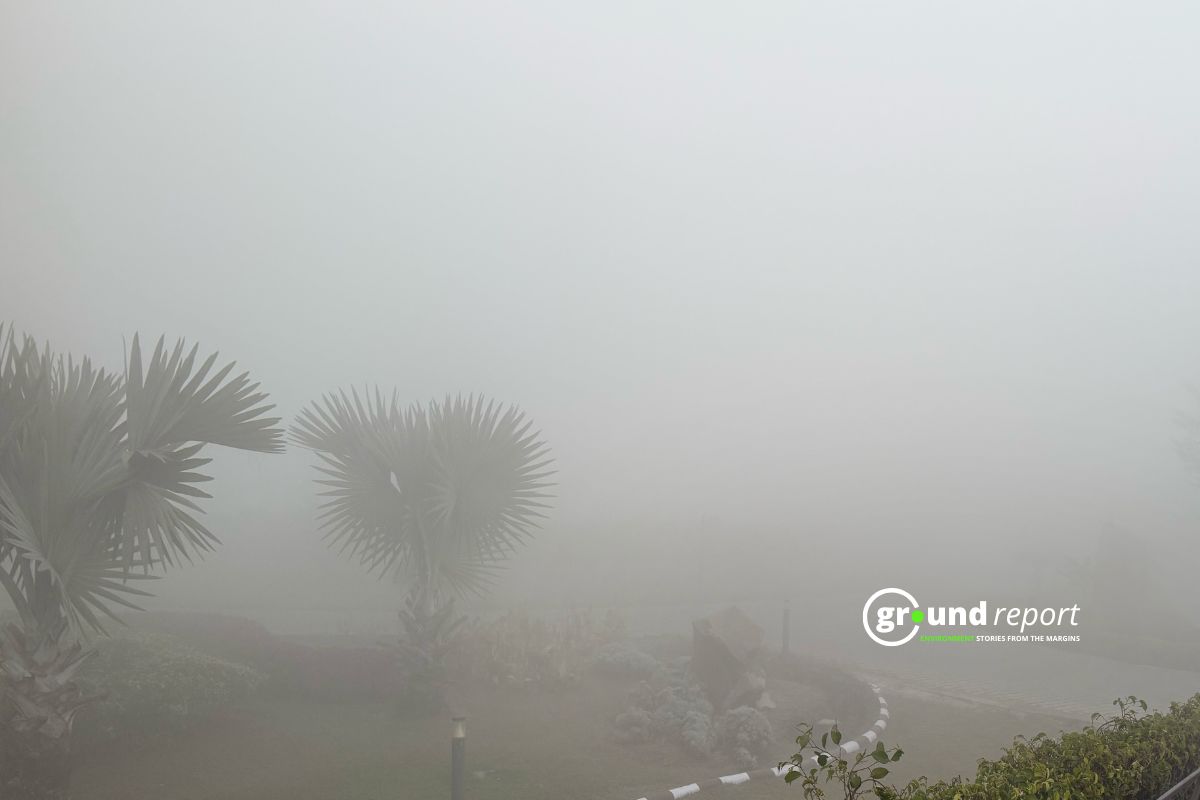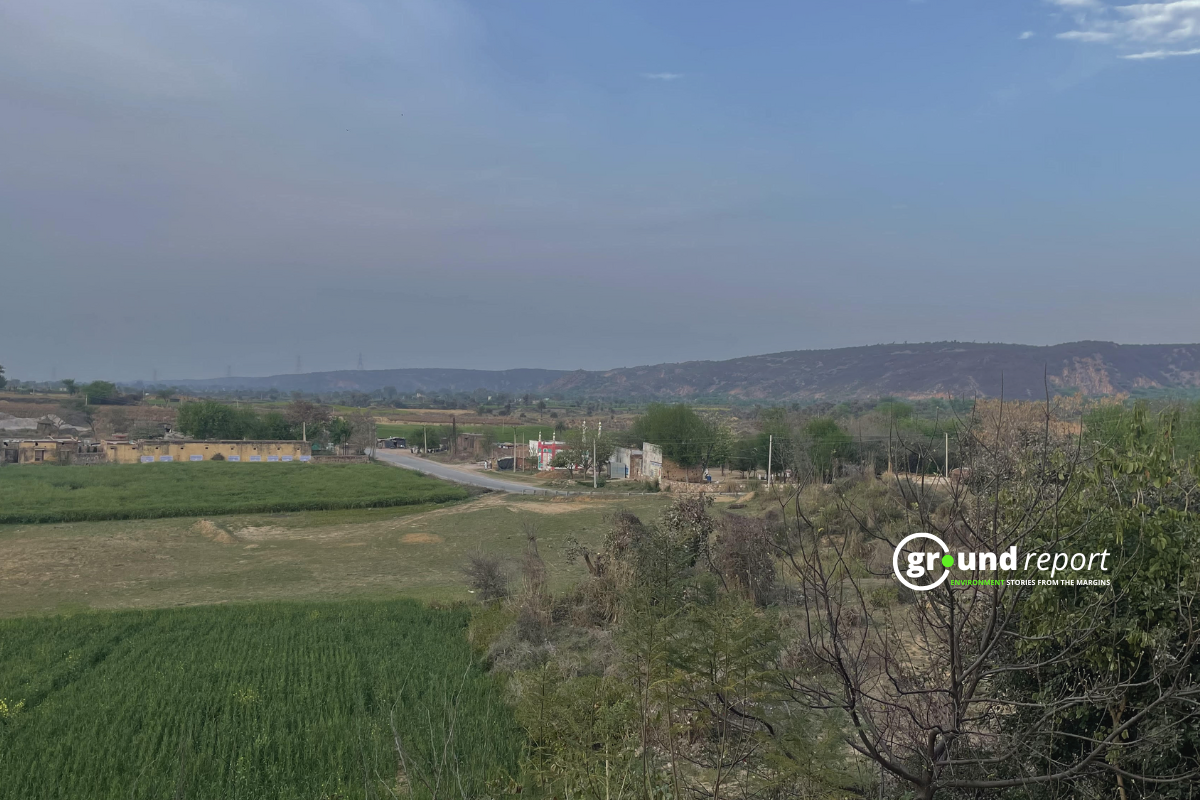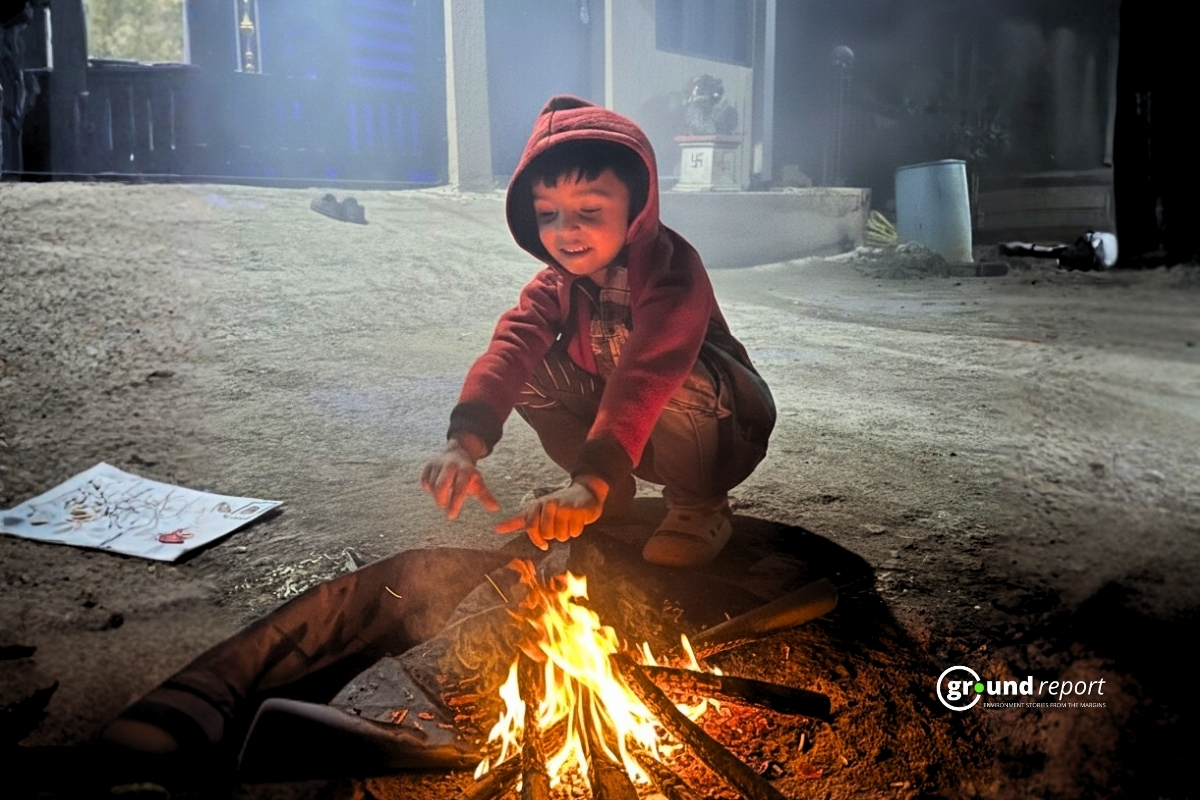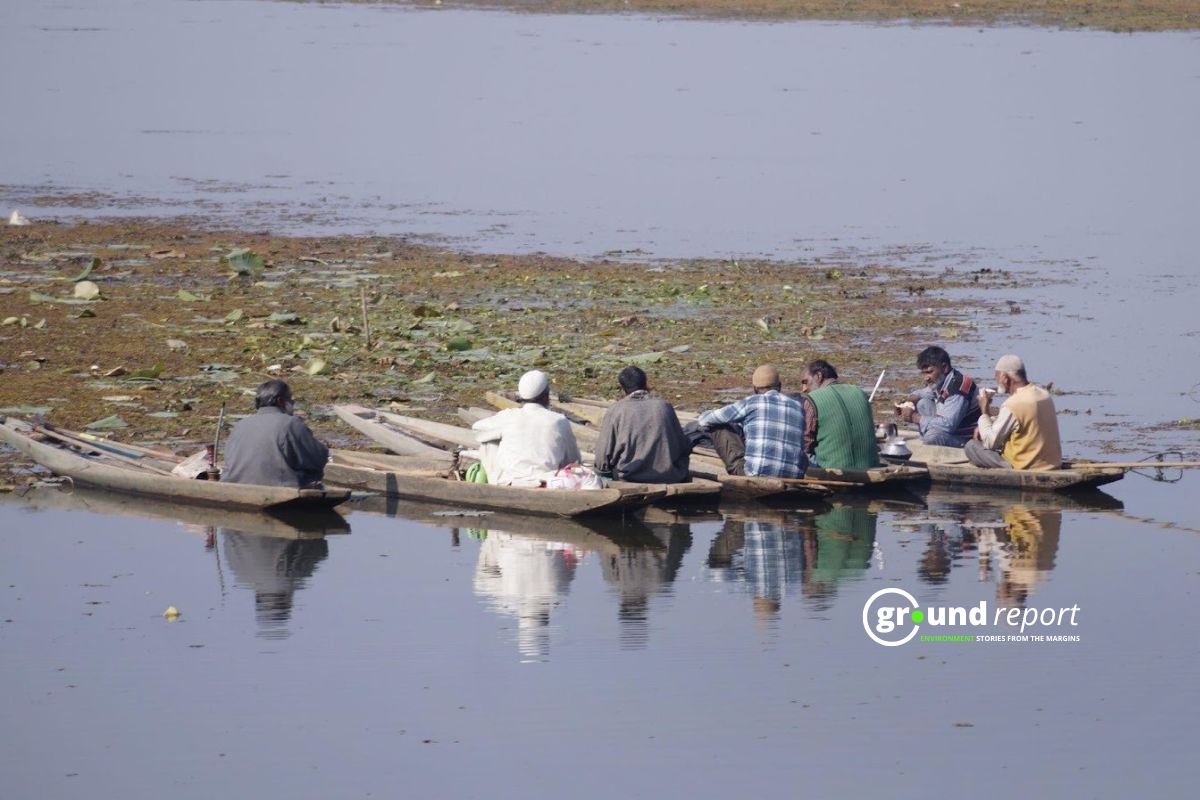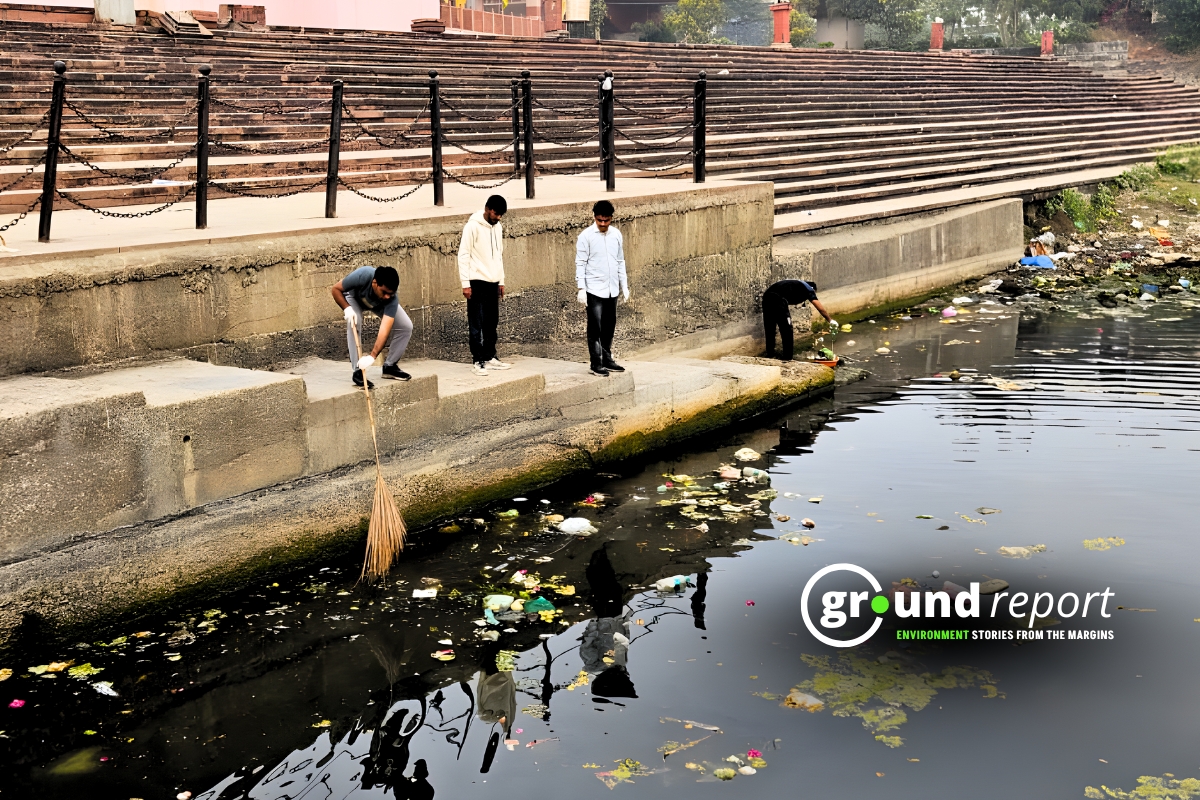Pegasus George Orwell Book; SC Orders Pegasus probe; The Supreme Court bench noted that it only wanted to know whether the central government used Israeli spyware by illegal means to spy on citizens.
The order was given by a three-judge bench of the Supreme Court comprising Chief Justice NV Ramana, Justice Surya Kant, and Justice Hima Kohli. The committee will have three technical experts and retired judge Justice RV Raveendran will oversee the work of the committee.
Pegasus George Orwell’s Book
“We live in the age of information. We must understand that while technology is important, it is also important to protect the right to privacy,” the bench stressed. It further said, “Not only journalists, etc, but privacy is important for all citizens.”
A bench headed by Chief Justice of India NV Ramana quoted George Orwell as saying, “If you want to keep a secret, you have to hide it even from yourself.”
The bench said that Solicitor General Tushar Mehta submitted that many of the petitions were self-serving, but it could not accept such an all-encompassing argument.
A bench of Justices Surya Kant and Hima Kohli said, “The Center should have justified its stand here and should not have made the court a mute spectator.”
Quoting British statesman William Pitt, the Earl of Chatham, the bench said: “The poorest man may in his cottage bid defiance to all the force of the Crown. It may be frail — its roof may shake — the wind may blow through it — the storm may enter, the rain may enter — but the King of England cannot enter! — all his force dares not cross the threshold of the ruined tenement!”
Important points
- The court gave the Center enough time to disclose all information in the Pegasus case since 2019. However, only a limited affidavit was filed in which nothing was clear. Had the Center clarified, the burden on us would have been less.
- The state cannot make way every time by showing concerns of national security. No universal prohibition can be said against judicial review. The Center should have justified its stand here and should not have made the court a mute spectator.
- There has been no specific denial by the Centre. Thus we have no option but to accept the plea of the petitioner prima facie and thus we appoint an expert committee whose work will be looked into by the Supreme Court.
- “A vague denial from the government is not enough. Hence there is a need to investigate the allegations. We are appointing an expert committee to oversee the retired Supreme Court judge (A).”
- The court said in its decision that mere enhancement of national security by the state would not prevent it from raising the issue.
- The bench said that the Center has filed a limited affidavit, which, despite repeatedly saying that the court is not concerned with the issues of national security, nothing has been clarified.
George Orwell, 1984
Nineteen Eighty-Four, 1984, English author George Orwell’s novel appeared in 1949 as a warning against totalitarianism. The chilling dystopia left a deep impression on readers, and his ideas permeated mainstream culture in a way that was achieved by very few books.
The 1984 setting is a dystopia: a fictional world worse than our own, as opposed to a utopia, which is a perfect place or kingdom. Other dystopian novels include Aldous Huxley’s Brave New World, Ray Bradbury’s Fahrenheit 451, and Orwell’s Own Animal Farm.
When George Orwell wrote 1984, the year the book was given its title, it was still about 40 years in the future. Some of the things Orwell envisioned were a telescreen, a TV that mirrors the people who are watching it, and a world consisting of three megastates instead of hundreds of countries. In the novel, the country of Eustacea explicitly includes China and its satellite nations; Eurasia is the Soviet Union; and Oceania includes the United States, the United Kingdom, and their allies.
Another of Orwell’s works for 1984 is Newspeak, a variant of the English book the authoritarian government uses to discourage free thinking. Orwell believed that without a word or words to express an idea, it was impossible to conceive and maintain an idea. Newspeak thus eliminated the word “bad”, replacing it with the less-rigorous “ungood”. The author said that the government can control us through words.
Keep Reading
Indian agriculture household earns just Rs. 10,218 in a month: Govt
Post-harvest losses still high, reveals data shared in Lok Sabha
Kashmir’s rice fields wither amid rising temperatures & water scarcity
Support us to keep independent environmental journalism alive in India.
Follow Ground Report on X, Instagram and Facebook for environmental and underreported stories from the margins. Give us feedback on our email id greport2018@gmail.com.
Don’t forget to Subscribe to our weekly newsletter, Join our community on WhatsApp, and Follow our YouTube Channel for video stories.
Check out our climate glossary, it helps in learning difficult environmental terms in simple language.

